Table of Contents
In the bustling market of wellness and health, where every corner boasts a miracle cure, the ancient wisdom of herbs good for the liver stands tall and timeless.
Whether it’s finding herbs for fatty liver or seeking herbs for kidneys and liver, this guide is your treasure map to uncovering the natural remedies for liver health you’ve been searching for. So, pour yourself a cup of tea (because, yes, tea is good for your liver, too), and let’s embark on a journey through nature’s pharmacy, where every leaf and root holds the promise of vitality.
12 best herbs for liver health: Benefits and potential side effects
The liver, a vital organ, is crucial in maintaining our overall health. In our search for well-being, natural remedies, especially herbs to cleanse the liver, have gained immense popularity. Among these, certain best herbs for liver detox stand out for their remarkable liver-supporting properties. Here is the list of 12 herbs good for the liver that are worth trying:
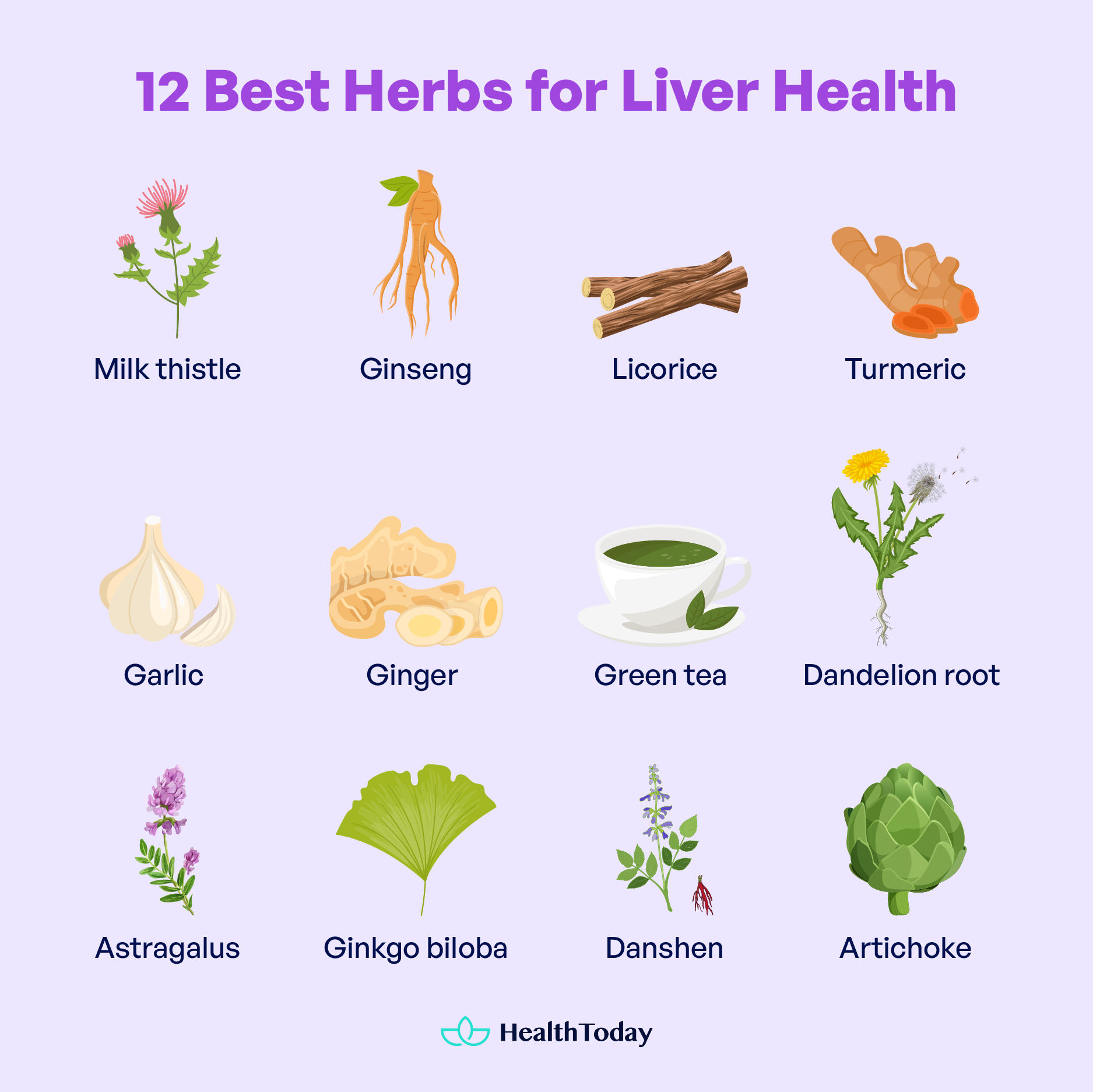
1. Milk thistle
Milk thistle, scientifically known as Silybum marianum, is one of the best herbs for liver detox.
Silymarin, the star compound of milk thistle, is known for its robust antioxidant and anti-inflammatory actions. These properties are particularly beneficial in shielding the liver from toxins and repairing liver cells. This makes milk thistle a go-to herb for fatty liver disease, hepatitis, and cirrhosis (1).
Studies suggest that silymarin’s effectiveness lies in its ability to fortify the liver’s defense system against harmful substances, thereby promoting liver health. Moreover, research indicates potential benefits in treating nonalcoholic fatty liver disease (NAFLD), a condition affecting a significant portion of the population in Western countries (2).
While Milk Thistle is widely used and often prescribed for liver conditions, it’s important to note that definitive clinical evidence of its effectiveness is still evolving.
Milk Thistle is generally considered safe and recognized in pharmacological circles for its non-toxic nature at therapeutic doses. However, though rare, some individuals may experience gastrointestinal issues, diarrhea, headaches, or dermatological symptoms like hives, rash, or itching (3).
It’s also crucial to remember that in the United States, herbal products like Milk Thistle are not regulated as drugs by the FDA.
2. Ginseng
Ginseng, revered in traditional medicine, has been a cornerstone in promoting liver health. Its potent anti-inflammatory properties and its role in protecting against liver injury make it a valuable herb in liver care.
Ginseng, particularly Korean Red Ginseng (KRG), has shown promising results in treating chronic liver disease (CLD). The primary components of ginseng, called ginsenosides, provide hepatoprotective (liver-protecting) activities (4).
A 12-week clinical research found in male participants that a low dose of fermented ginseng powder significantly reduced liver enzyme levels associated with liver function, inflammation, and fatigue compared to a placebo (5).
While ginseng is generally considered safe for liver health, it’s crucial to know its potential to react with medications. Such interactions can lead to liver injury and other harmful effects, underscoring the importance of consulting with healthcare professionals before starting any new supplement, especially if you are on medications (6).
3. Licorice
The root of licorice, rich in glycyrrhizin, offers antiviral, antioxidant, and anti-inflammatory benefits, making it a valuable ally in liver health.
The antiviral and antioxidative properties of glycyrrhizin help protect liver cells and reduce inflammation, vital in managing liver diseases (7).
A compelling study on licorice root extract suggests that licorice root extract can effectively improve liver function in NAFLD patients (8).
While licorice has many benefits, it’s crucial to approach its use with caution. Glycyrrhizin can cause side effects like high blood pressure and low potassium levels, especially in sensitive individuals or with chronic use (9).
4. Turmeric
Turmeric, a golden spice native to India, has been a cornerstone in traditional medicine for centuries. Its main active component, curcumin, is a potent antioxidant with remarkable anti-inflammatory properties.
Turmeric and curcumin have garnered attention for their impressive health benefits, particularly for liver health. Inflammation and oxidative stress are key factors in many liver diseases, including non-alcoholic fatty liver disease (NAFLD). Curcumin can mitigate these factors, making it a valuable herb in improving your liver health (10).
A pivotal study on the effects of curcumin on NAFLD patients highlights its therapeutic potential, particularly how curcumin supplementation affects NAFLD patients (11).
Participants were divided into two groups, one receiving a curcumin formulation (500 mg/day) and the other a placebo for eight weeks.
The results were significant: a 78.9% improvement in liver fat content was observed in the curcumin group, compared to only 27.5% in the placebo group. Furthermore, curcumin led to reductions in body mass index, cholesterol levels, liver enzymes, and blood glucose.
5. Garlic
Is garlic good for the liver? The answer is “Yes.
It’s packed with powerful compounds like allicin, alliin, and ajoene, renowned for their antioxidant and anti-inflammatory properties, which are crucial in supporting liver health (12).
These compounds have shown promise in reducing inflammation and oxidative stress, two major factors that can impair liver health. Thus, garlic is pivotal in liver care by mitigating these factors, especially for conditions like non-alcoholic fatty liver disease (NAFLD) (13, 14).
6. Ginger
Ginger emerges as a powerful herb known among natural remedies for supporting liver health.
Ginger is known for its potential to reduce fat accumulation in the liver. This is particularly relevant for conditions like NAFLD, where managing liver fat is crucial. By helping lower liver fat, ginger plays a significant role in reducing the risk of NAFLD (15).
7. Green tea
Green tea has become a significant player in natural liver health remedies. Its main compound, EGCG, has garnered attention for its liver-protective effects, making green tea a noteworthy addition to discussions on herbal remedies for liver diseases (16).
One clinical trial found that green tea extract supplementation led to significant improvements in various parameters, including body weight, BMI, lipid profile, liver enzymes, inflammatory markers, and fatty liver changes observed through ultrasound (17).
8. Dandelion root
Dandelion roots can be more than a simple garden weed.
It is particularly known for its ability to support bile production. Bile, produced by the liver, plays a critical role in digestion and helps carry away waste. Enhancing bile production can, therefore, aid in the overall function and efficiency of the liver (18).
This suggests that dandelion root can potentially prevent severe liver and kidney problems, likely due to its antioxidant properties.
However, it’s important to note that while these findings are encouraging, more research, particularly in humans, is necessary to fully understand the effectiveness of dandelion roots in treating liver diseases.
9. Astragalus
Astragalus, an herb revered in traditional Chinese medicine, has garnered attention for its potential benefits in liver health.
While most of the research on astragalus and liver health has been conducted in animal models, the results are encouraging.
These studies suggest that astragalus, used alone or in combination with other herbs, can be beneficial in managing liver diseases. However, it’s important to note that studies on humans are needed to fully understand its effectiveness and safety in treating liver diseases (19).
Astragalus is generally considered safe when used appropriately, with few reported side effects. However, very high doses may suppress the immune system. So, certain groups, including pregnant or nursing women and individuals with immune system diseases, should avoid using astragalus (20).
10. Ginkgo biloba
Ginkgo biloba, a renowned herbal supplement, has been increasingly linked to improved liver health. Known for its high levels of flavonoids and terpenoids, Ginkgo is celebrated for its potent antioxidant effects, which are instrumental in liver protection.
A study on Ginkgo biloba extract (GBE) showed it helped improve liver health in rats. The research aimed to see how GBE could protect against liver damage caused by a chemical (CCl4).
Results were positive; GBE not only enhanced liver function but also decreased liver damage. It works by blocking specific body pathways, reducing liver inflammation, and preventing liver cell death (21).
11. Danshen
Danshen is a highly valued herbal plant in Traditional Chinese Medicine. Renowned for its use in treating cardiovascular diseases, danshen’s efficacy in liver health, particularly in protecting against alcohol-related liver disease and promoting liver tissue regeneration, has also garnered significant interest.
One study investigated how danshen affects alcoholic liver disease (ALD) in mice. The results showed that danshen treatment improved the condition of the liver in ALD, reduced liver damage markers, and helped maintain healthy liver metabolism. Essentially, danshen helped break down harmful substances in the liver, protecting liver cells (22).
It’s important to be mindful of potential side effects and interactions of danshen, especially as danshen might have blood-thinning properties.
Pregnant or nursing women and individuals with certain health conditions, particularly those involving the immune system, should be cautious when using it (23).
12. Artichoke
Originating from the Mediterranean, artichokes are rich in antioxidants and other compounds beneficial for liver function. They have shown effectiveness against liver damage and are known to increase bile production, an essential process for digestion and liver health.
A study reviewed data from several trials to see how artichoke supplements affect liver health, focusing on liver enzymes ALT and AST, which are important for assessing the condition of the liver. The analysis of seven trials showed that artichoke significantly lowered these enzyme levels, especially with higher doses and in studies of 8 weeks or less (24).
On the path to better liver health, twelve herbs stand out: milk thistle, ginseng, licorice, turmeric, garlic, ginger, green tea, dandelion root, astragalus, ginkgo biloba, danshen, and artichoke. They help detoxify, reduce inflammation, and protect the liver.
Milk thistle, turmeric, and green tea are especially good for fatty liver. Adding these herbs to a healthy lifestyle can boost your liver function. Green tea, full of antioxidants, helps cut fat, boost enzyme levels, and fight inflammation.
Herbs for fatty liver: What you should drink?
If you’re dealing with fatty liver disease, either the alcoholic (AFLD) or non-alcoholic type (NAFLD), turning to natural remedies is a move worth considering. Below are three herbs that stand out for their liver-loving properties. Let’s see how these allies can help and how to incorporate them into your daily routine.
Milk thistle
Milk Thistle ranks at the top of the list as the best friend of your liver. Packed with silymarin, a group of compounds with antioxidant and anti-inflammatory properties, milk thistle is like a shield against toxins. Studies suggest that it not only protects the liver cells but also stimulates regeneration of damaged liver tissue (2).
Brew it as a tea, or take it as a supplement. If you opt for tea, a cup a day can be a good start. For supplements, it’s best to consult with a healthcare provider or follow the recommended dosage on the package.
Turmeric
Turmeric, the golden spice, isn’t just for adding color and flavor to your dishes. Curcumin, its active component, is known for its powerful anti-inflammatory and antioxidant effects, which can help manage NAFLD (10, 11).
Incorporate turmeric into your cooking or enjoy it as warm turmeric milk (golden milk) before bed. Turmeric supplements are also available, but you should look for ones with piperine (black pepper extract) to enhance absorption.
Green tea
Green tea contains antioxidants, especially catechins, which are the real MVPs in the fight against liver fat (25).
These antioxidants don’t just lounge around; they get to work reducing oxidative stress and inflammation—two critical villains in fatty liver disease. Studies have shown that green tea can help decrease fat accumulation in the liver, making it a valuable player in managing and preventing NAFLD (17).
Sipping green tea throughout the day is more than a pleasant ritual; it boosts your liver health. Aim for 2 to 3 cups daily to harness its benefits.
Other natural remedies for liver
Besides herbs, adjusting your diet and lifestyle are important natural remedies for your liver. Let’s see how you can lead a healthy liver life with small daily changes.
Dietary change
First, adjusting what you put on your plate can be as potent as any potion or pill to support your liver health.
Mediterranean diet
Studies have shown that people who stick to the Mediterranean diet, which focuses on fruits, vegetables, whole grains, legumes, nuts, seeds, and heart-healthy fat, have a lower risk of chronic conditions, including non-alcoholic fatty liver disease and improved liver cells (26, 27).
What are other health benefits of the Mediterranean diet? It’s not just about reducing liver fat; it’s a holistic approach to improving your overall health – lowering risks of heart disease, diabetes, and even certain cancers.
Cut down on sugar and processed foods
Second, avoiding having too much sugar is also beneficial for your liver.
Sugar is like that friend who always gets you into trouble. Too much of it, especially in the form of high-fructose corn syrup (HFCS) and refined sugars, can lead to a fatty buildup in the liver, similar to the effects of alcohol abuse (28).
It’s not just about cutting back on sweets; it’s about being mindful of hidden sugars in processed foods, beverages, and even ‘healthy’ snacks.
Cutting down on added sugars can significantly reduce the risk of developing liver disease, even if you’re not overweight. Think of it as decluttering your diet – your liver will appreciate the breathing room.
Practical tips for a liver-friendly diet
- Go green: Load up on leafy greens. They’re not just good for your Instagram feed; they’re packed with antioxidants that support liver health.
- Whole grains for the win: Swap white bread and pasta for their whole-grain counterparts. Your liver thrives on nutrients and fiber.
- Hydrate: Drinking enough water helps your liver flush out toxins more efficiently. Aim for at least eight glasses a day.
- Moderate sugar consumption: Too much added sugar can be a heavy burden on your liver. Beware of the hidden sugar in processed foods.
Lifestyle change
Sometimes, the best medicine doesn’t come in a bottle—it’s about how you live your life. Let’s explore how smart lifestyle choices can significantly bolster your liver’s health.
Lose weight
Tipping the scales a bit too much? Your liver might be feeling the strain.
Non-alcoholic fatty liver disease (NAFLD) is like an uninvited guest for your liver, more likely to show up if you’re carrying extra weight.
But here’s some hopeful news: shedding just 5% of your body weight can start to ease those liver fat deposits, and dropping 10% can kick fatty liver with inflammation (NASH) to the curb (29).
Remember, slow and steady wins the race—a gradual weight loss of one to two pounds a week is your ticket to success without putting extra stress on your liver.
Avoid liver irritants
Also, steer clear of known liver irritants.
Think of your liver as the bouncer at the club of your body, deciding what gets in and what gets kicked out.
You can make its job easier by steering clear of known troublemakers: alcohol, certain over-the-counter medications, and some vitamins and supplements that might seem harmless but can throw a wrench in your liver’s smooth operations.
Even a moderate sip of alcohol could nudge NAFLD down a slippery slope (30).
Before you pop any pill or supplement, have a chat with your doctor or pharmacist—it’s always better to be safe than sorry.
Eating better and living healthier are essential for liver health. Adopting a Mediterranean diet can reduce liver problems such as NAFLD. It’s important to reduce sugars, especially from processed foods, to prevent liver fat. Also, losing weight slowly, avoiding alcohol and some medications, and consulting with doctors about supplements can help protect your liver. These efforts improve not just liver health but your overall well-being.
Is tea good for your liver? Interesting facts
Indeed, the humble cup of tea isn’t just a soothing beverage; it’s a powerhouse of benefits for your liver. Let’s steep ourselves in how tea is considered a faithful ally to liver health.
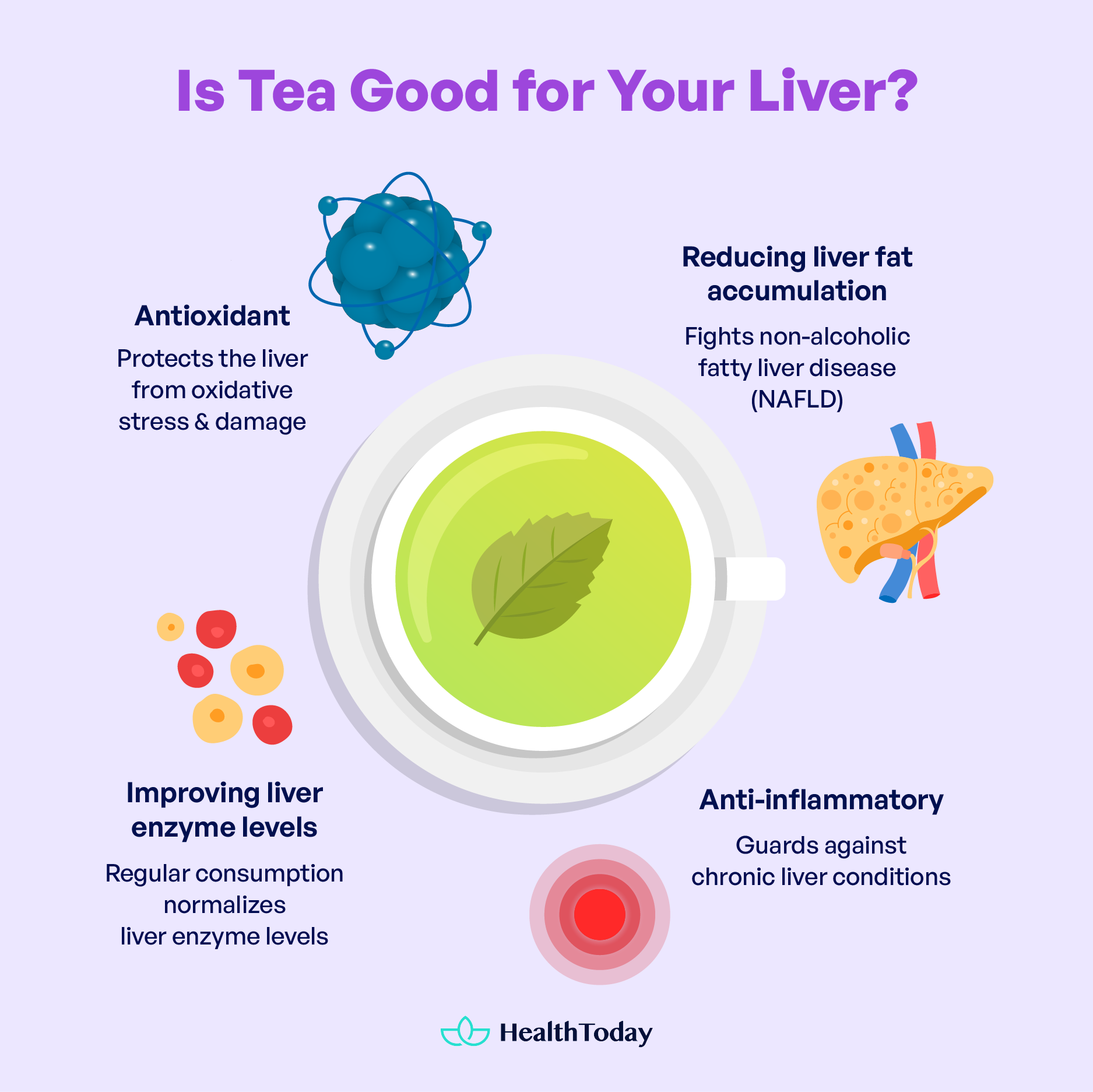
Antioxidant properties
Tea, especially green tea, is brimming with antioxidants, notably catechins. These natural warriors fight off oxidative stress—a villain in the saga of liver diseases. Oxidative stress is like the rust on a car, gradually wearing it down. Antioxidants from tea act as rust protectors for your liver, helping maintain its health and functionality (25).
Reducing liver fat accumulation
Nobody likes unwanted fat, especially your liver. Research highlights that compounds in green tea can significantly reduce fat accumulation in the liver. This is good news for battling non-alcoholic fatty liver disease (NAFLD). Imagine green tea as a gentle janitor, sweeping away the fat and tidying up your liver (17).
Improving liver enzyme levels
Elevated liver enzymes are distress signals from your liver, indicating stress or damage. Regular consumption of green tea has been linked to normalizing these enzyme levels. It’s akin to green tea whispering calming words to an upset liver, soothing it back to health (31).
Anti-inflammatory effects
Inflammation is a fire that can burn through the liver’s defenses, contributing to various liver diseases. Tea contains compounds that douse these flames, protecting against chronic liver diseases. Think of it as a fire blanket, smothering the flames of inflammation and keeping your liver safe and sound.
Is ginger and lemon good for fatty liver?
Yes. Ginger and lemon are like the dynamic duo for your liver. Ginger, with its anti-inflammatory properties, can help reduce inflammation and oxidative stress in the liver. Lemon, on the other hand, is rich in vitamin C and antioxidants, which assist in cleansing and protecting the liver. Together, they’re not just a flavor burst but a liver-loving combo.
What food is hardest on your liver?
Foods high in saturated fats, sugar, and salt are like kryptonite for your liver. Think processed foods – the ones that are usually easy to cook or come in a packet. Fast food, deep-fried stuff, and sugary treats might satisfy your taste buds, but they make your liver work overtime and can lead to liver damage over time. It’s a case of short-term pleasure and long-term pain.
What is the number one food for your liver?
Leafy greens like spinach, kale, and collard are superheroes for your liver. They’re packed with antioxidants, vitamins, and minerals that help cleanse and protect the liver. Plus, they’re versatile – you can blend them in a smoothie, toss them in a salad, or stir-fry them; your liver will thank you.
What stresses the liver?
Alcohol, overeating, and exposure to toxins (like medications and environmental pollutants) put a strain on your liver. Also, conditions like obesity and diabetes can add extra pressure. Think of your liver as a filter; the cleaner the stuff you put through it, the better it works.
What destroys the liver the most?
Alcohol is the arch-nemesis of your liver. Regular heavy drinking can lead to a range of liver disorders, including fatty liver, hepatitis, and cirrhosis. It’s like throwing a wrench in a machine – disrupts the liver’s functions and can cause severe damage. Moderation is key, or better yet, opting for liver-friendly alternatives.
Summary
We’ve discovered that nature offers a rich pharmacy of herbs good for liver health, each with its unique benefits.
Alongside these herbs, adopting a Mediterranean diet and making positive lifestyle changes like reducing sugar intake and maintaining a healthy weight further empower us to support our liver health.
Whether choosing herbs to cleanse the liver or integrating natural remedies for liver improvement into our daily lives, the key takeaway is clear: a holistic approach combining the right herbs, diet, and lifestyle can significantly enhance our liver’s health and overall well-being.





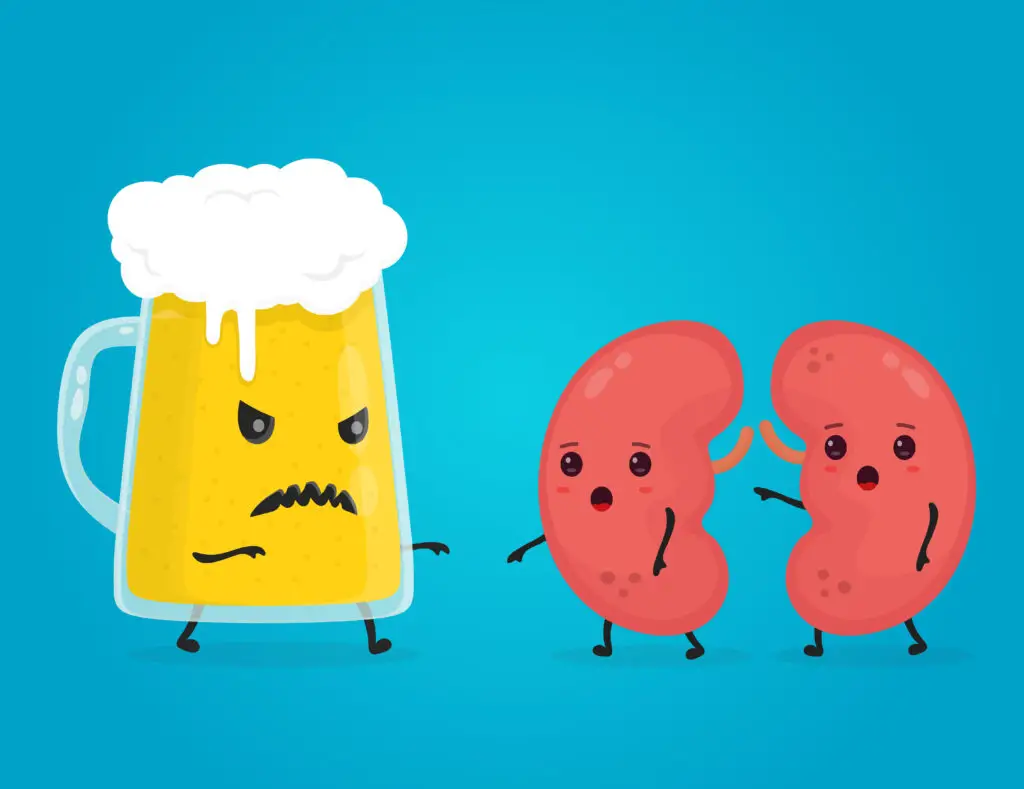





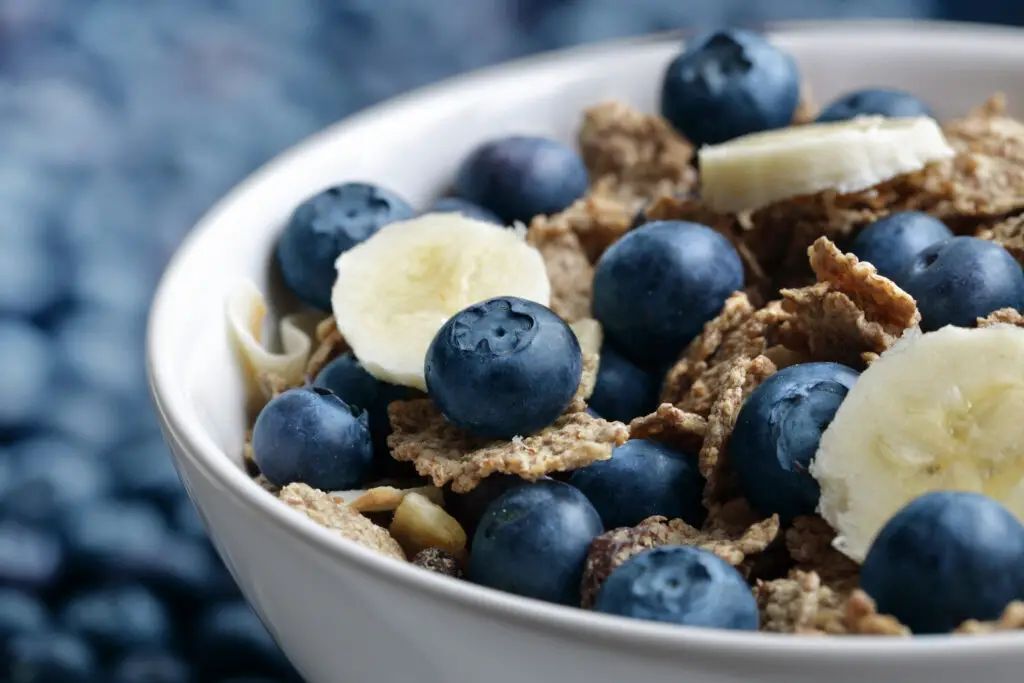

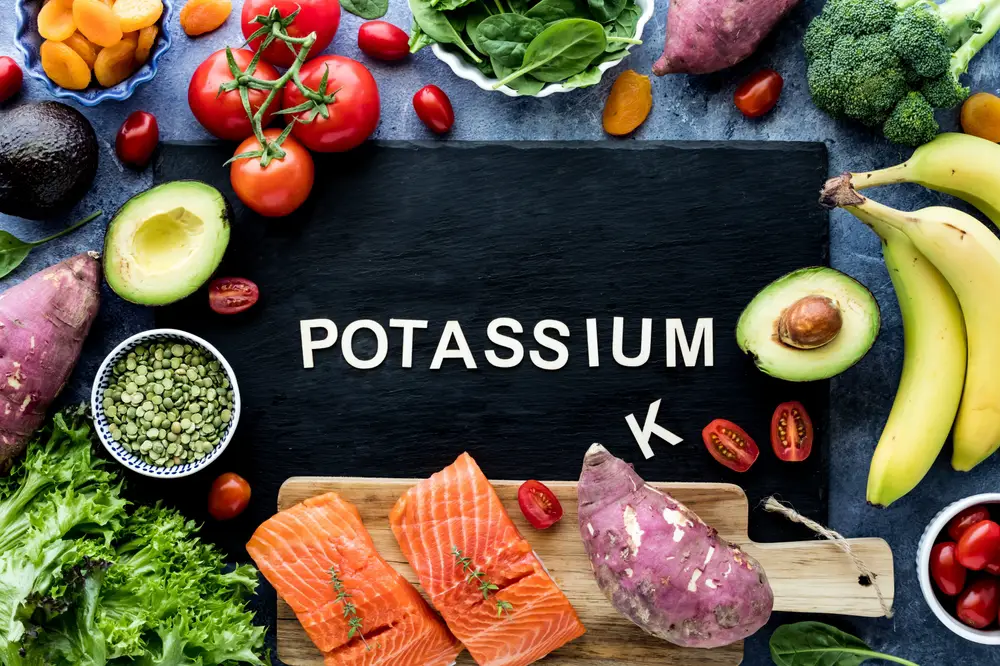


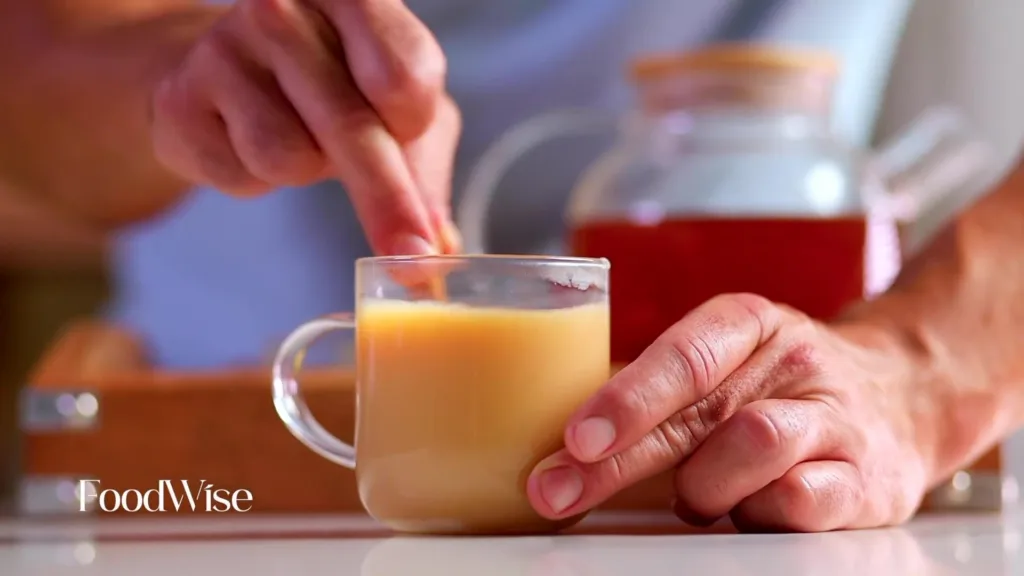
Comments
0